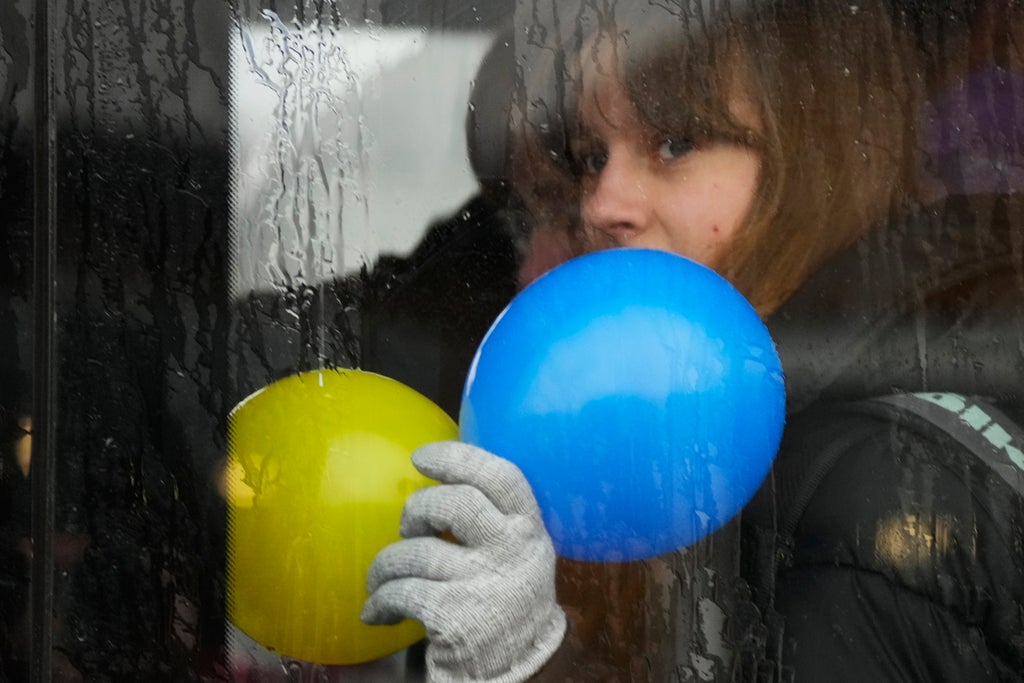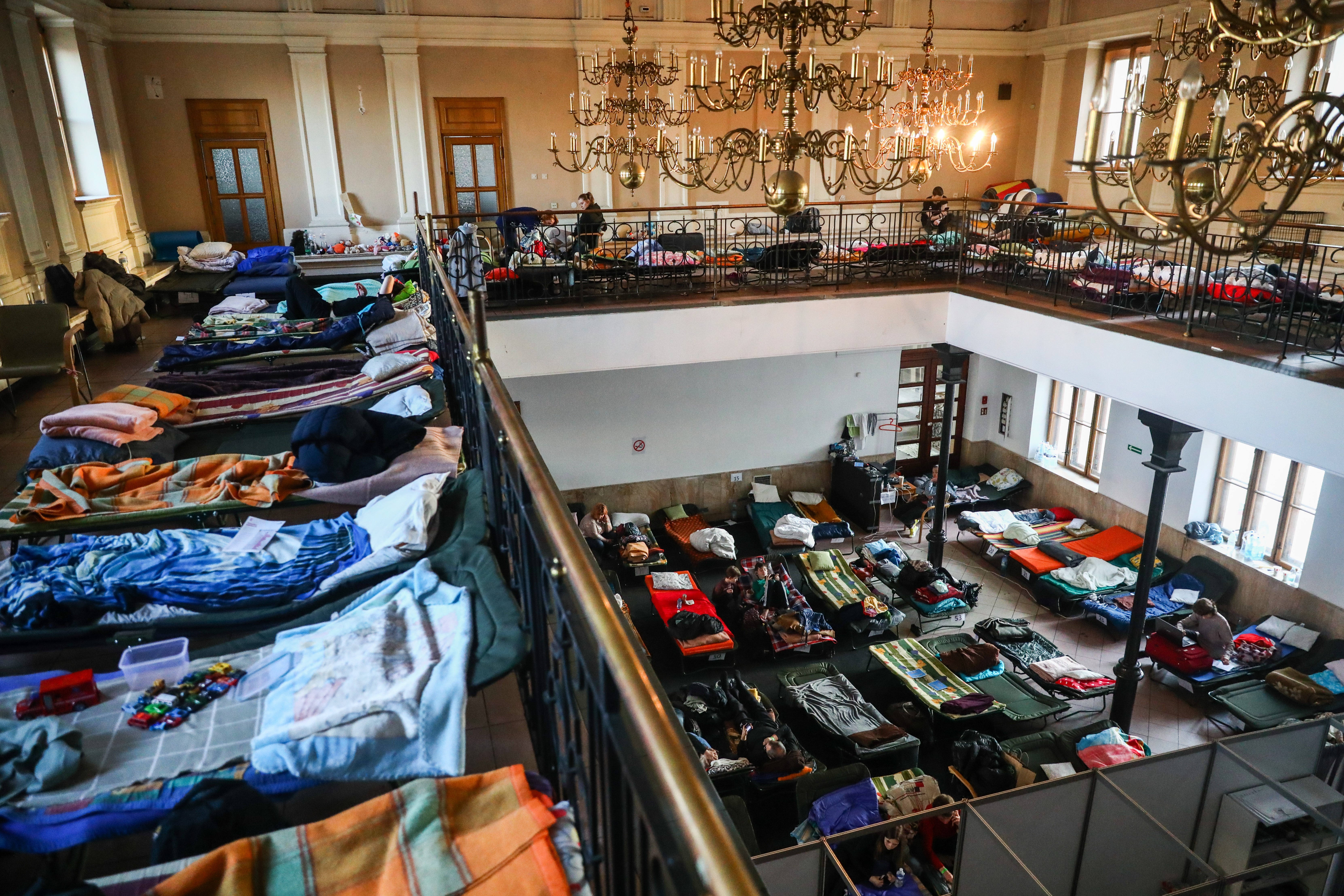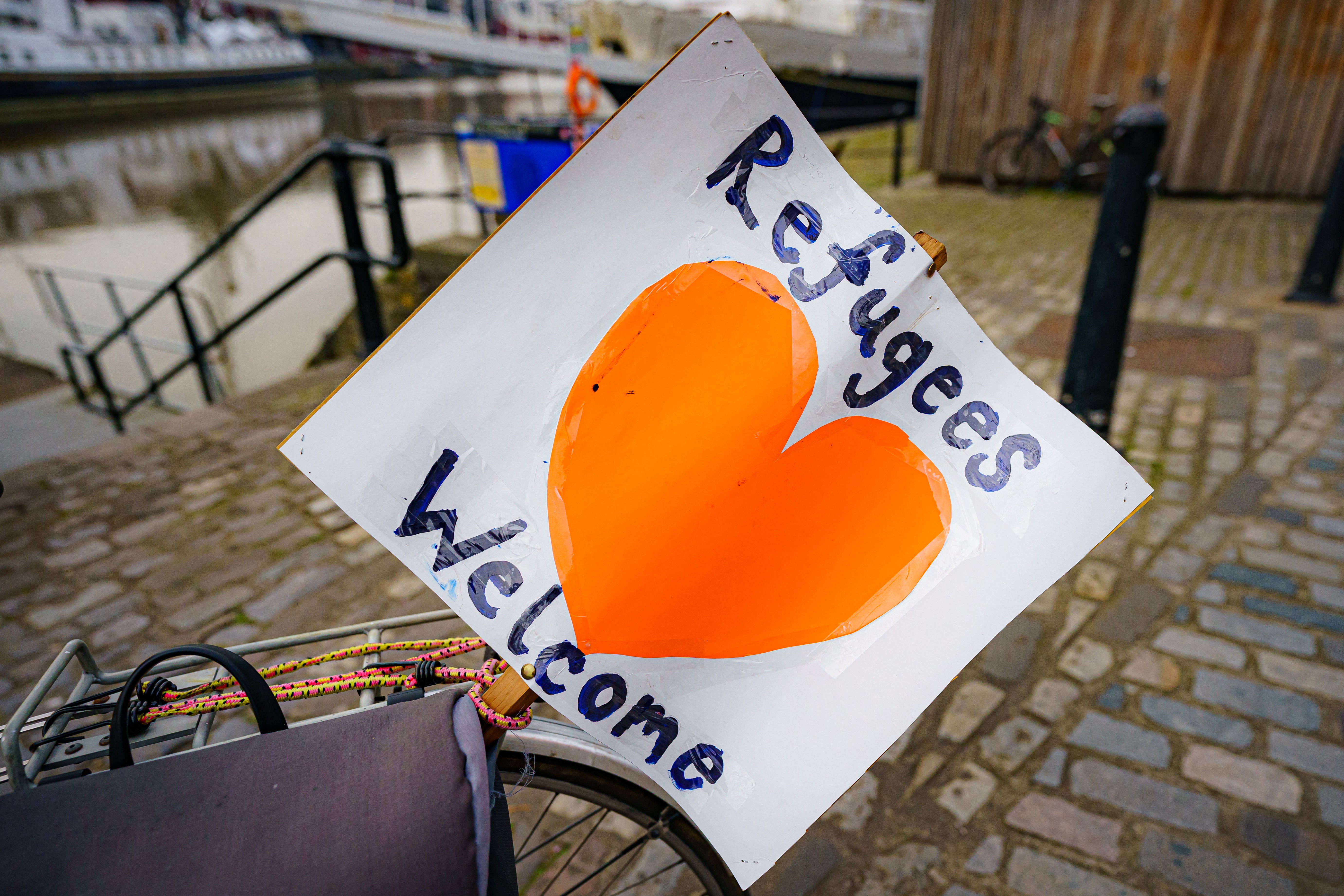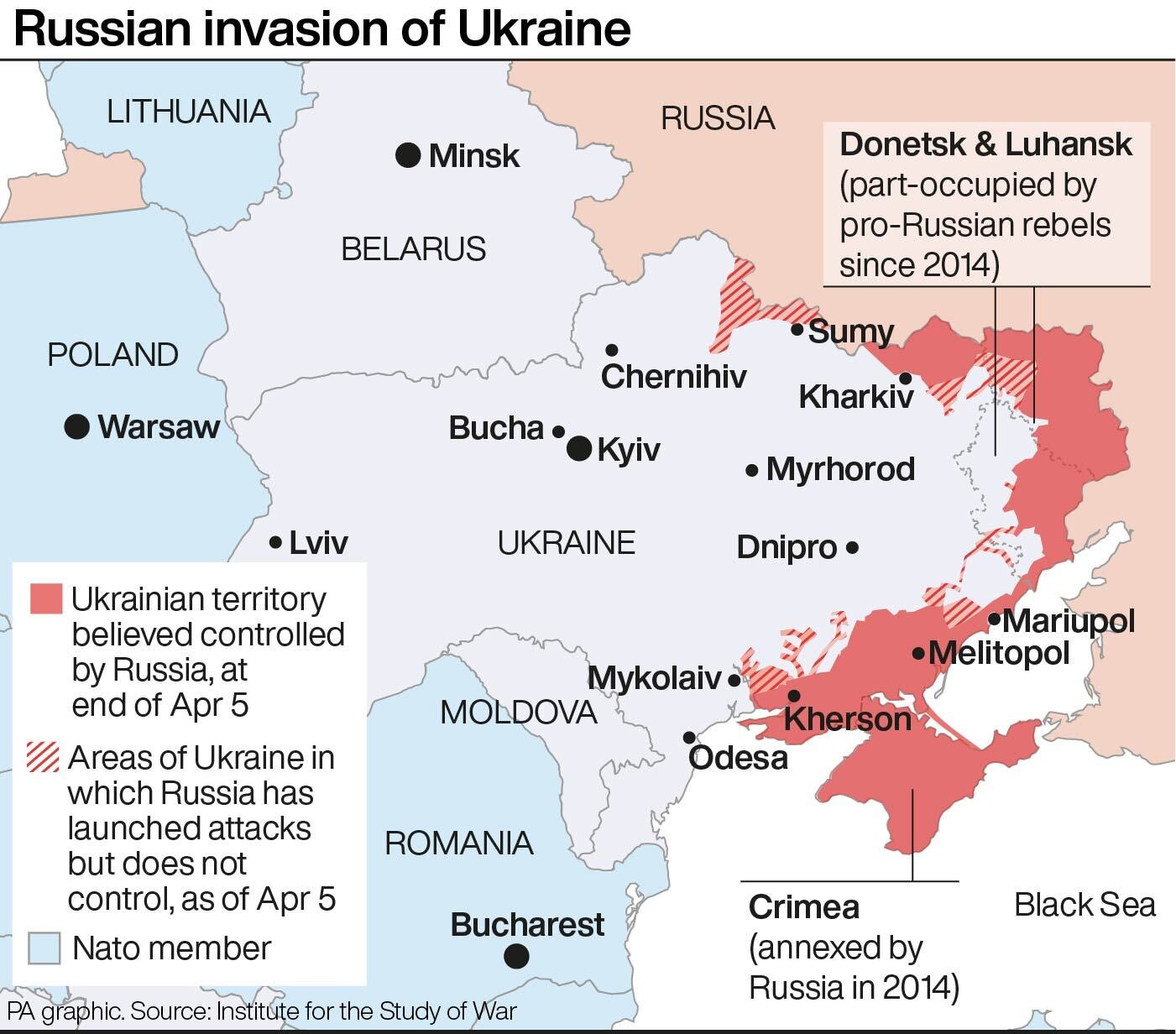
Lone children fleeing Ukraine are being housed with adults under the UK’s refugee schemes scheme without proper checks taking place, The Independent can reveal.
More than 200,000 Britons have signed up to the government programme which allows UK sponsors to “match” with Ukrainians fleeing the war. In total 1,200 refugees have arrived under the scheme so far, while a further 10,800 have come under the family scheme, which allows Ukrainian refugees to join relatives in Britain.
But while the government claims unaccompanied children are not eligible for either scheme, The Independent is aware of cases in which minors have been granted visas and arrived in the UK without a legal guardian.
Authorities warn that gaps in the vetting process mean cases are “falling through the net”, prompting concerns about exploitation and trafficking, with more than 4.5 million Ukrainian children displaced in recent weeks, some of whom have been separated from parents and family.
The Local Government Association (LGA), which represents councils, said authorities had seen lone children arriving without any adult who had parental or caring responsibility for them.
The Independent is raising money for the people of Ukraine – if you would like to donate then please click here for our GoFundMe page.

Lisa Nandy, Labour’s shadow levelling up secretary, said local authorities and charities were getting “far too little information and support” on how to respond.
Describing the situation as “disgraceful”, she added: “This was always a risk with this DIY refugee scheme. The government should have taken charge of matching sponsors to refugees from day one.
“Before Michael Gove launched Homes for Ukraine he didn’t even pick up the phone to councils and charities – the people who would be responsible for looking after vulnerable children.”
The LGA said it was “unclear” if councils were expected to take unaccompanied children into care. In one case, an unaccompanied child recently arrived in Redbridge council after being matched with an unrelated adult under the Homes for Ukraine scheme.
The council said it did not have safeguarding concerns about the case, but that it would follow up with the Home Office to better understand what safeguarding checks were done when agreeing to the match.

When an application is made to the Homes for Ukraine scheme – which can only happen once the applicant has found a sponsor who can host them in the UK – the “match” appears on a portal that local councils can access so that they can begin carrying out safeguarding checks.
But the LGA has said that in some cases councils are only being told who is arriving in their local area once matches have been made and visa granted, with many reporting “significant issues” with the data.
The organisation also called for councils to be given advance notice of new arrivals under the family scheme, in particular if there are individuals or families with vulnerabilities, to enable local services to meet their needs.
Kevin Bonavia, of Lewisham Council, said some locals had tried to match with unaccompanied minors, adding: “Fortunately none have been approved as yet, but we’re worried that they will be and we will need to scramble to intervene.
“We’ve heard of this happening in another council, so it’s a real concern. We can’t allow vulnerable children to fall through the net.”
Sian Summers-Rees, of charity City of Sanctuary UK, described one case of a couple that applied to sponsor two 17-year-olds they met via social media, and were reportedly told when they contacted Home Office that the children were eligible under the sponsorship scheme.
“The ones coming to our attention are people who are well-intentioned, but obviously there’s a massive concern that there are people who are signing up to it for sinister reasons. There are serious exploitation and trafficking concerns,” she said.
“We also know of cases where minors have arrived with people who are not their parents or carers.”
Steve Crocker, of the Association of Directors of Children’s Services, said the Ukraine schemes were “not designed with unaccompanied children in mind”.
He said: “We continue to raise the need for any current and future arrangements for Ukrainian refugees to be child-focused and for local authorities to get necessary information, including about the age of arrivals, as soon as possible so that we can plan accordingly, and so children’s needs can be met in the short and long term.”
A government spokesperson said councils should use normal safeguarding processes if an unaccompanied Ukrainian child arrives.

Claire O’Meara, of Unicef, said: “Whilst the scheme offers a valuable route for those fleeing the war, it has not been designed to support unaccompanied children who require additional care and support.
“There is a fine balance between getting children to safety as quickly as possible whilst doing so in a way that does not cause further harm or trauma. Unaccompanied children must therefore only be brought to the UK where it is in their best interests to do so, and their safety can be ensured.”
A government spokesperson said safeguarding checks were in place and would ensure visa applications from unaccompanied minors were not approved by the Home Office.
The Independent has a proud history of campaigning for the rights of the most vulnerable, and we first ran our Refugees Welcome campaign during the war in Syria in 2015. Now, as we renew our campaign and launch this petition in the wake of the unfolding Ukrainian crisis, we are calling on the government to go further and faster to ensure help is delivered. To find out more about our Refugees Welcome campaign, click here. To sign the petition click here. If you would like to donate then please click here for our GoFundMe page.







